Understanding and Solving Clogged Sinks and Toilets
Clogged sinks and toilets are common household plumbing issues that can quickly escalate if not addressed properly. Understanding the causes, solutions, and when to call a licensed plumber can save you time, money, and stress. Here’s a comprehensive guide to dealing with these issues, and why in Texas, a certified drain cleaning professional is essential.
Common Reasons for Clogged Sinks
Sinks often clog due to a buildup of debris, grease, and other materials. Here are the most common culprits:
- Grease and Fat: When poured down the drain, grease solidifies and creates blockages over time.
- Food Particles: Large food scraps or fibrous materials like coffee grounds can clog kitchen sinks.
- Hair: Hair accumulation is a primary cause of clogs in bathroom sinks.
- Soap Scum: Soap residue combines with minerals in water, forming hard deposits inside pipes.
Solutions for Clogged Sinks
If your sink is clogged, here are some effective solutions:
- Use a Plunger: A sink plunger can dislodge minor clogs by creating pressure.
- Clean the P-Trap: Removing and cleaning the P-trap can clear blockages caused by debris buildup.
- Try a Drain Snake: A drain snake or auger can break up and remove more stubborn clogs.
- Avoid Chemical Cleaners: Harsh chemicals can damage pipes and harm the environment. Opt for natural alternatives like baking soda and vinegar.
Why Toilets Clog and How to Fix Them
Toilets clog for a variety of reasons, including:
- Flushing Non-Flushable Items: Items like wipes, paper towels, and feminine hygiene products should never be flushed.
- Too Much Toilet Paper: Excessive toilet paper can create a blockage.
- Low-Flow Toilets: Older low-flow toilets may struggle to clear waste effectively.
To resolve a clogged toilet, use a plunger or toilet auger. If these tools don’t work, it’s time to call a professional.
Why You Need a Licensed Plumber in Texas
In Texas, professionals performing drain cleaning must be certified by the Texas State Board of Plumbing Examiners (TSBPE). This requirement ensures:
- Safety: Certified plumbers follow strict safety protocols, minimizing risks during drain cleaning.
- Expertise: Certification guarantees that the plumber has the skills to handle complex plumbing issues.
- Code Compliance: Licensed plumbers adhere to state plumbing codes, protecting your home and health.
Attempting to clean drains without proper training can lead to damaged pipes, health risks, and costly repairs.
For more information, visit the Texas State Board of Plumbing Examiners website.
Conclusion
Clogged sinks and toilets are more than just inconveniences—they can lead to significant plumbing issues if not addressed correctly. Understanding the causes and solutions can help you manage minor clogs, but for persistent problems, hiring a licensed plumber is the best choice. In Texas, certified drain cleaning professionals ensure safe, efficient, and code-compliant services, giving you peace of mind and protecting your home.

